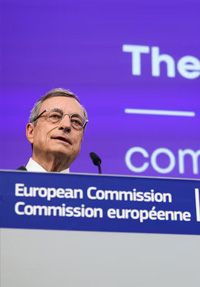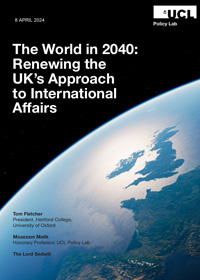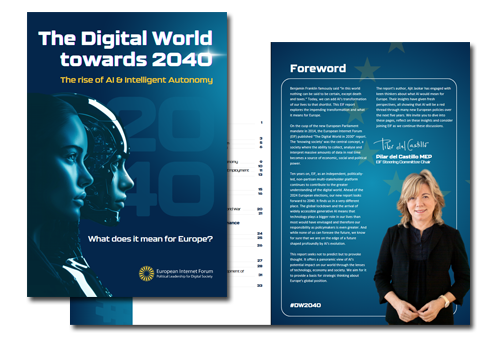Useful documents
Between now and 2040, Europe and the world will undergo profound geopolitical, economic, technological and social change. We have pulled together a useful repository of documents. Below are a few examples of the documents available.
September 2024
 Main elements of Draghi competitiveness report
Main elements of Draghi competitiveness report
Reuters
Reuters summarises the main recommendations by the former European Central Bank president, who had been commissioned to look at ways that the European Union could boost the competitiveness of its economy. This article and other useful documents are available here.
April 2024
 This report calls for ambitious reform of the Foreign Office and wider government machinery to safeguard future UK prosperity and security. Following a series of in-depth roundtable discussions, the report sets out a series of measures to renew and reform the UK foreign affairs function. The report and other useful documents are available here.
This report calls for ambitious reform of the Foreign Office and wider government machinery to safeguard future UK prosperity and security. Following a series of in-depth roundtable discussions, the report sets out a series of measures to renew and reform the UK foreign affairs function. The report and other useful documents are available here.
April 2024
The Digital World towards 2040
 This report seeks not to predict but to provoke thought. It offers a panoramic view of AI’s potential impact on our world through the lenses of technology, economy and society. The report’s author, Ajit Jaokar has engaged with keen thinkers about what AI would mean for Europe. Their insights have given fresh perspectives, all showing that AI will be a red thread through many new European policies over the next five years. The report and other useful documents are available here.
This report seeks not to predict but to provoke thought. It offers a panoramic view of AI’s potential impact on our world through the lenses of technology, economy and society. The report’s author, Ajit Jaokar has engaged with keen thinkers about what AI would mean for Europe. Their insights have given fresh perspectives, all showing that AI will be a red thread through many new European policies over the next five years. The report and other useful documents are available here.
The Ideas Network 2030 was launched in September 2018 with the mission to provide an informal framework for individuals of the centre-right of British politics – along with other stakeholders interested in long-term trends and their effects on our economy, politics and society – to meet, discuss, evaluate and assess their relevance and importance to current politics in the United Kingdom. The Network is working with local, national and European stakeholders across politics, business, academia and society to drive change and nurture ideas.
To read more about the activities of the Ideas Network 2030 click here >.
Recent events
 Speakers:
Speakers:
Greg Hands, former UK Trade Minister
Penny Naas, Lead, GMF Allied Strategic Competitiveness, German Marshall Fund of the United States (GMF)
Moderator: Alex Boyd
Trump’s sweeping new tariffs may mark a historic turning point for global trade. Are we witnessing a temporary shift, or has the world crossed a rubicon, entering a new era of protectionism, economic nationalism, and geopolitical fragmentation? With rising inequality, fiscal pressures, and deepening questions about who truly benefits from globalisation, the trading system that defined the late 20th and early 21st centuries is under unprecedented strain.
This online seminar, featured former UK Trade Minister Greg Hands and Penny Naas from the German Marshall Fund of the United States, and explored whether we are seeing the start of a long-term retreat from global economic integration and what that could mean for the UK, Europe, and the world.
